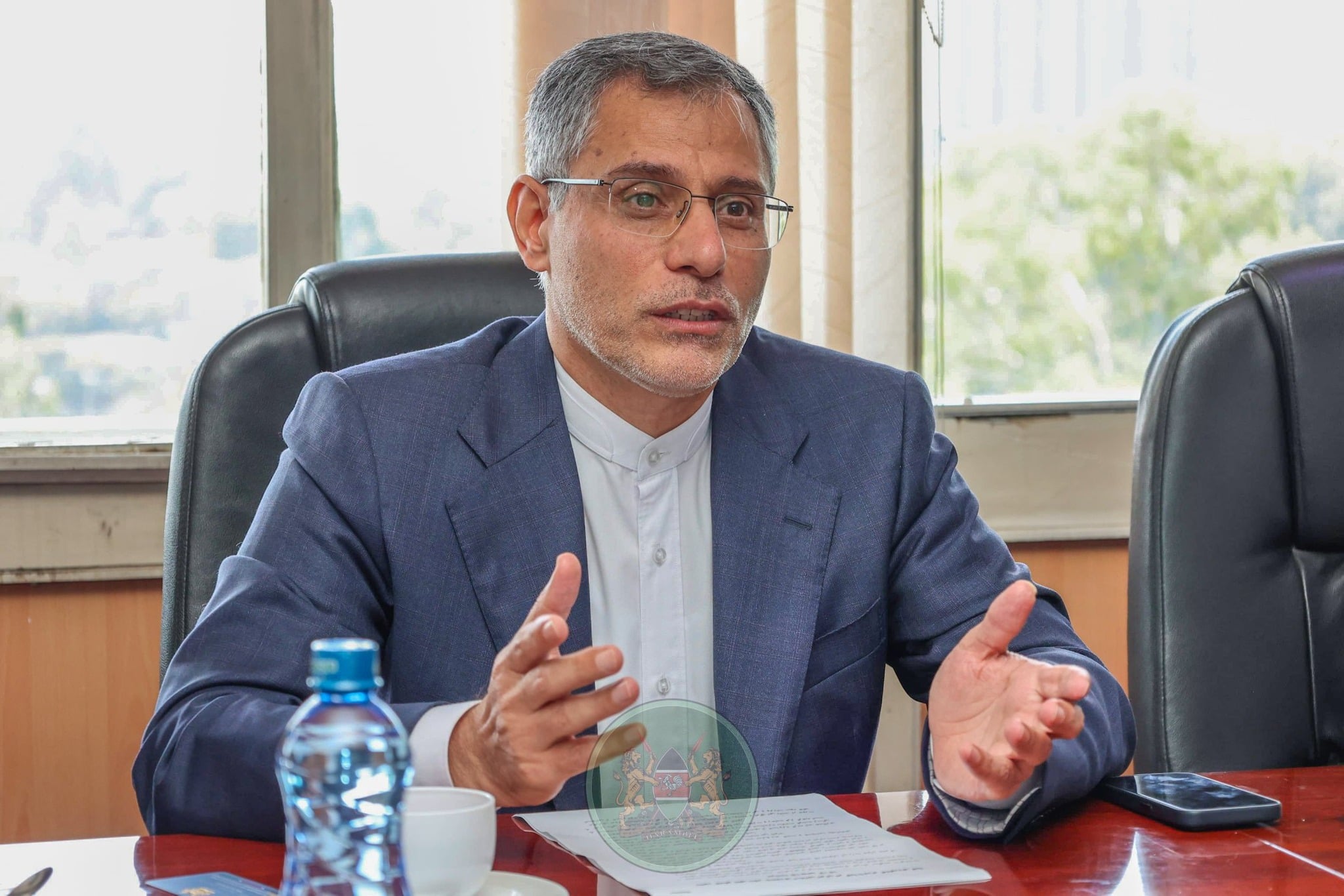Employed Kenyans will now cough Sh2,000 to the National Social Security Fund(NSSF) from their salaries up from the normal Sh200 they have been paying.
A ruling made by the court of appeal will see the NSSF contribution increased to six percent of employee earnings with the employer matching the same.
Initially, an employee would contribute Sh200, and the employer Sh200. An employee would at the end of the month save Sh400.
The court of appeal set aside a High Court ruling that declared the bid to increase NSSF contributions unsuccessful.
In its ruling on September 2022, the Employment and Labour Relations Court declared the proposal unconstitutional, null, and void.
Read More
The court ruled that the NSSF Act, 2013, was in breach of the Constitution as there was no public participation ahead of its enactment.

The matter had been in court since 2014 as stakeholders in social security matters raised concerns about how the NSSF Act 2013 will be implemented.
President William Ruto has been leading calls to increase NSSF contributions so that Kenyans can save and secure their future and that of their kin.
"The majority of people on the roll of NSSF are paying Sh200, it is ridiculous We just got a ruling from the court a week ago that it is wrong for us to increase from Sh200, I don't know what we are doing. Do we live in the same country?" Ruto said.
Ruto said that he had agreed with NSSF to talk to the court and reconsider the ruling.
“We cannot continue to borrow from the savings of others. We need to build our country with our savings. Let us borrow from our savings so that we can give interest to our lenders,” Ruto said.
In November 2022, the Federation of Kenya Employers said the proposed increase in the NSSF contributions should be spread over five years.
FKE said this will enable employers and employees to adjust to accommodate the new rates, further adding that it should be effected based on “statutory minimums.”
-1675058026.jpeg)



-1772447580.jpg)

